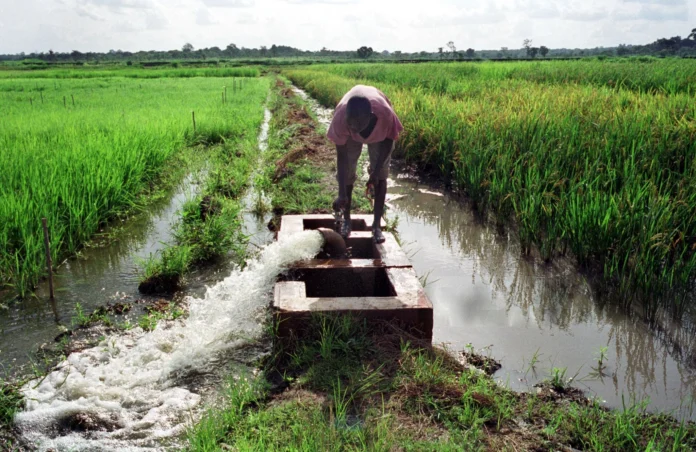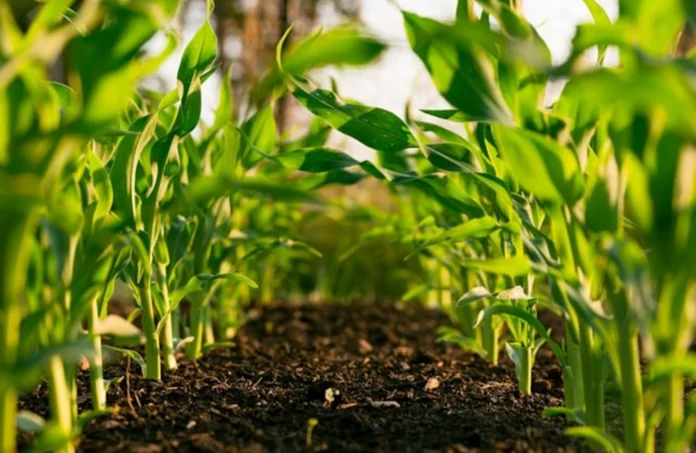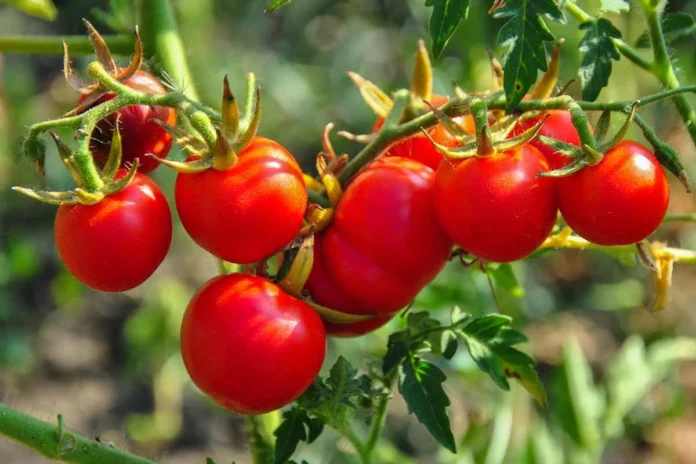Arabfields, Addis Ababa, Ethiopia — The 6th ordinary session of the African Union’s Specialized Technical Committee (STC) on Agriculture, Rural Development, Water, and Environment (ARDWE) concluded successfully on October 24, 2025, in Addis Ababa, Ethiopia. This major event, organized by the AU Commission through its Department of Agriculture, Rural Development, Blue Economy, and Sustainable Environment (DARBE), brought together ministers, experts, and representatives from over 50 member states to review progress in implementing previous decisions and formulate recommendations for the continent’s future.
Amb. @kled_mohamed led #Algeria_n delegation at the 6th Ministerial Meeting of the @_AfricanUnion #STC on #Agriculture, #Rural_Development, #Water & #Environment, highlighting 🇩🇿 ’s achievements in #food_security, sustainable agricultural development & water ressource Managment pic.twitter.com/TTtP5sCMDG
— Algeria in Addis-Ababa/PM to African Union & UNECA (@AmbalgAddis) October 25, 2025
At the heart of the discussions: the transition from the Malabo Agenda (2014-2025) to the Kampala Agenda (2026-2035) for the Comprehensive Africa Agriculture Development Programme (CAADP), with an emphasis on climate resilience, food security, sustainable water resource management, and rural poverty reduction. Participants validated reports on ongoing programs, approved new initiatives, and proposed common policies to be submitted to the AU Summit in February 2026. Among the notable contributions, the African Union Inter-African Bureau for Animal Resources (AU-IBAR) presented continental strategies for the elimination of dog-mediated rabies, control of animal trypanosomiasis, development of the livestock feed and fodder sector, as well as nature-based solutions for aquatic ecosystems.
It is in this context that Algeria shone through its active participation. Led by Ambassador Mohamed Khaled, Algeria’s Permanent Representative to the AU and the United Nations Economic Commission for Africa (UNECA), the Algerian delegation highlighted the country’s achievements in food security, sustainable agricultural development, and water resource management. Appointed in June 2025, Ambassador Khaled, who holds a doctorate in financial markets, presented these advances as potential models for the continent, underscoring Algeria’s commitment to an integrated and resilient Africa.
Among the Algerian successes mentioned: the transformation of the Sahara into a strategic pillar of food security. Thanks to innovations in Saharan agriculture, Algeria has developed resilient ecosystems in the face of climate change, integrating precision technologies and climate-smart practices. These efforts aim to reduce dependence on food imports and promote sustainable agriculture, with an agricultural market valued at approximately 24 billion US dollars in 2025, driven by growing demands for food security and government investments. The integration of artificial intelligence (AI) into agricultural practices is emerging as a key trend for 2025, enabling resource optimization and increased productivity.
In terms of water management, Algeria emphasizes the treatment and quality of water resources, closely linked to sustainable socio-economic development. Projects such as the adaptation of steppe zones and halfa (alfa grass) support climate-smart livelihoods, with funding from the Adaptation Fund to promote adaptive management of water and soil resources. These initiatives fit into a broader vision, as recalled by the Algerian Minister of Agriculture at the World Food Forum in Rome in October 2025, reaffirming the country’s commitment to strengthened national food security.
Furthermore, Algeria is exploring international partnerships, notably with the Islamic Organization for Food Security (IOFS), for practical solutions in agriculture and food security. Agricultural insurance, implemented to preserve living resources for future generations, complements these efforts by fostering sustainable agricultural development.
This Algerian participation in the AU meeting illustrates not only national progress but also the country’s contribution to the continental agenda. As stated by H.E. Moses Vilakati, AU Commissioner for Agriculture, this session confirms Africa’s commitment to building sustainable, resilient, and inclusive agrifood systems. With the end of the Malabo Agenda, Algeria positions its innovations as levers for the future, in a context where climate change and food security remain priority challenges for the continent.
For more details on the event, consult the official AU communiqués and reports from the participating delegations.












